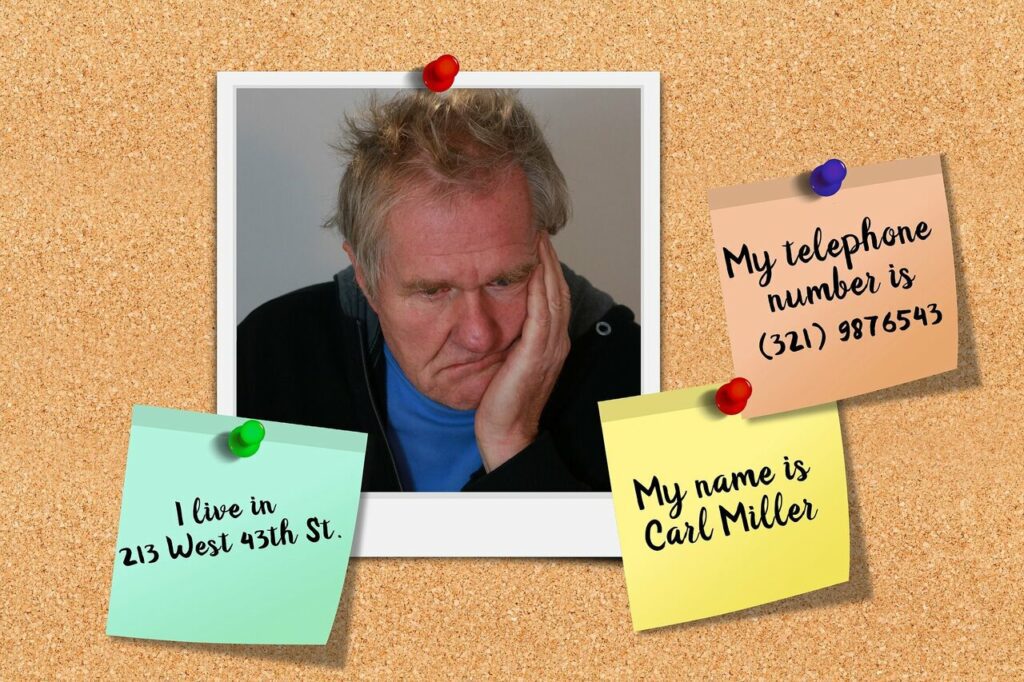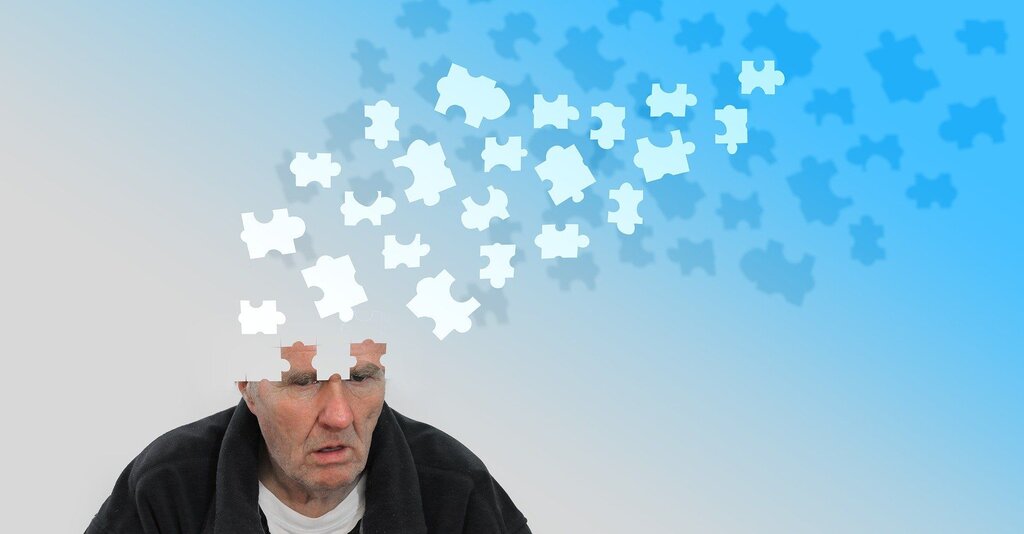What are the signs of dementia? What causes it, and how can it be treated? Dementia is a debilitating disease that can rob people of their memory, independence, and quality of life. While there is no disease control or cure for dementia, early diagnosis and treatment can help lessen its effects.
This blog post will look at the symptoms of dementia, its causes, and available treatments. We hope this information will help you or a loved one struggling with dementia get the care they need.
What Is Dementia
Dementia is an umbrella term used to describe a decline in cognitive function. Memory loss, difficulty solving problems and changes in mood or behavior can all be a part of this. It affects people of all ages but is most common in older adults.
There are many different types of dementia, and the symptoms can vary depending on the underlying cause. Alzheimer’s is the most common type of dementia, accounting for 60-80% of all cases.
Other causes include Lewy body disease, frontotemporal dementia and vascular dementia.
Dementia can significantly impact a person’s quality of life, and it is essential to seek medical help if you or someone you know is displaying any signs or symptoms. Early diagnosis and treatment can help slow the condition’s progression and improve overall functioning.
What Causes Dementia
Though the causes of dementia are not yet fully understood, research suggests that it may be caused by a combination of genetic, lifestyle, and environmental factors.
For example, genetic mutations may increase an individual’s risk of developing dementia, while lifestyle choices such as smoking and excessive alcohol consumption can also contribute to the condition.
Additionally, exposure to certain toxins or head injuries and specific health conditions such as stroke, Parkinson’s disease, and Alzheimer’s may also play a role in the development of dementia. While there is no cure for dementia, early diagnosis and treatment can help slow the disease’s progression.
Symptoms Of Dementia
Several symptoms can be associated with dementia, depending on the individual. However, some common symptoms include memory loss, difficulty with communication and language, difficulty with planning and organization, and changes in mood or behavior.
Also, people with dementia may experience vision, hearing, or mobility problems. If you are concerned that you or someone you know is showing signs of dementia, it is important to speak to a doctor for further assessment.
It becomes increasingly difficult for people with dementia to perform daily functions independently, such as bathing, dressing, brushing their hair or teeth, using the toilet, and taking medications.
Early diagnosis and treatment can help manage the symptoms and slow down the condition’s progression.
Other symptoms of dementia can include:
- Apathy – a loss of interest or enthusiasm for doing things
- Depression – feeling persistently sad and low
- Irritability – feeling easily annoyed or angry
- Paranoia – feelings of suspicion or mistrust
- Delusions – fixed beliefs that are not based in reality (for example, believing that someone is stealing from them)
- Hallucinations – seeing or hearing things that are not there
- Anxiety – feeling restless, nervous or tense
- Difficulty with spoken or written language
- Confusion about time or place
- Poor judgment
Treatment Of Dementia
Dementia can significantly impact a person’s life, and it is essential to seek help and support if you are affected by the condition. Several organizations can offer information and advice.
Additionally, many support groups are available for people with dementia and their carers. These can provide a valuable source of information, advice and emotional support.
If you are worried about your memory, or the memory of someone you know, it is essential to see a doctor for assessment. They will be able to rule out other causes of memory loss, such as stress or depression, and make a diagnosis of dementia if required.
No one test can diagnose or prevent dementia, and the condition is usually diagnosed after a thorough assessment has been carried out. This assessment will usually involve taking a medical history, physical examination, and cognitive and psychological tests. Brain imaging tests, such as an MRI scan may also be carried out to rule out other conditions.
Once a diagnosis of dementia has been made, it is essential to discuss the early treatment options with a doctor. Treatment must be started within days after you first develop symptoms to be effective.
No drug can cure dementia, but several medications can help manage the symptoms. These include drugs that help improve memory, communication and behavior and surgery or other medical interventions.
Additionally, several other treatments can help to manage the symptoms of dementia, such as occupational therapy, physiotherapy and psychological therapies.
It is essential to discuss all available treatment options with a doctor so that the most appropriate course of treatment can be chosen.

Different Types Of Therapies
There are many different therapies available for people with dementia. Some of these therapies can help improve cognitive function, while others may help reduce symptoms or improve quality of life.
Cognitive Therapies
These therapies are designed to help improve brain function and cognition. They can include memory training, problem-solving, and executive function training.
Symptom Management Therapies
These therapies are designed to help reduce symptoms of dementia, such as anxiety, depression, and agitation. They can include medications, counseling, and other interventions.
Quality Of Life Therapies
These therapies are designed to improve the quality of life for people with dementia and their caregivers. They can include activities such as recreation, socialization, and respite care.
It is essential to talk to your doctor about the best therapy or combination of therapies for you or your loved one. There is no one-size-fits-all approach to managing dementia, and what works for one person may not work for another.
Conclusion
Dementia is a neurological disorder that affects people’s memory, thinking skills and behavior. While the cause of dementia is unknown, certain risk factors can increase your chances of developing the condition.
Symptoms of dementia vary depending on the person but often include memory loss, confusion and changes in mood or behavior. There is currently no cure for dementia, but treatments available can help improve the quality of life for those affected by the condition.

